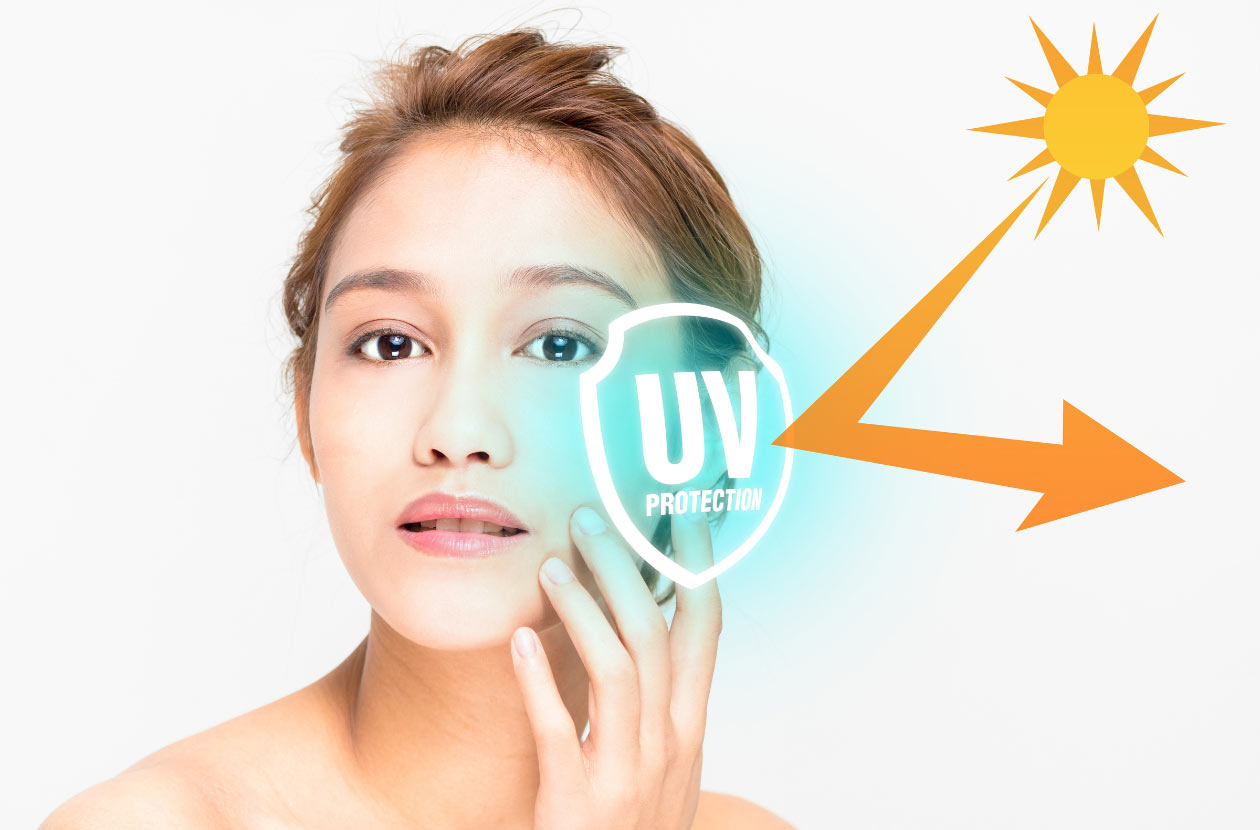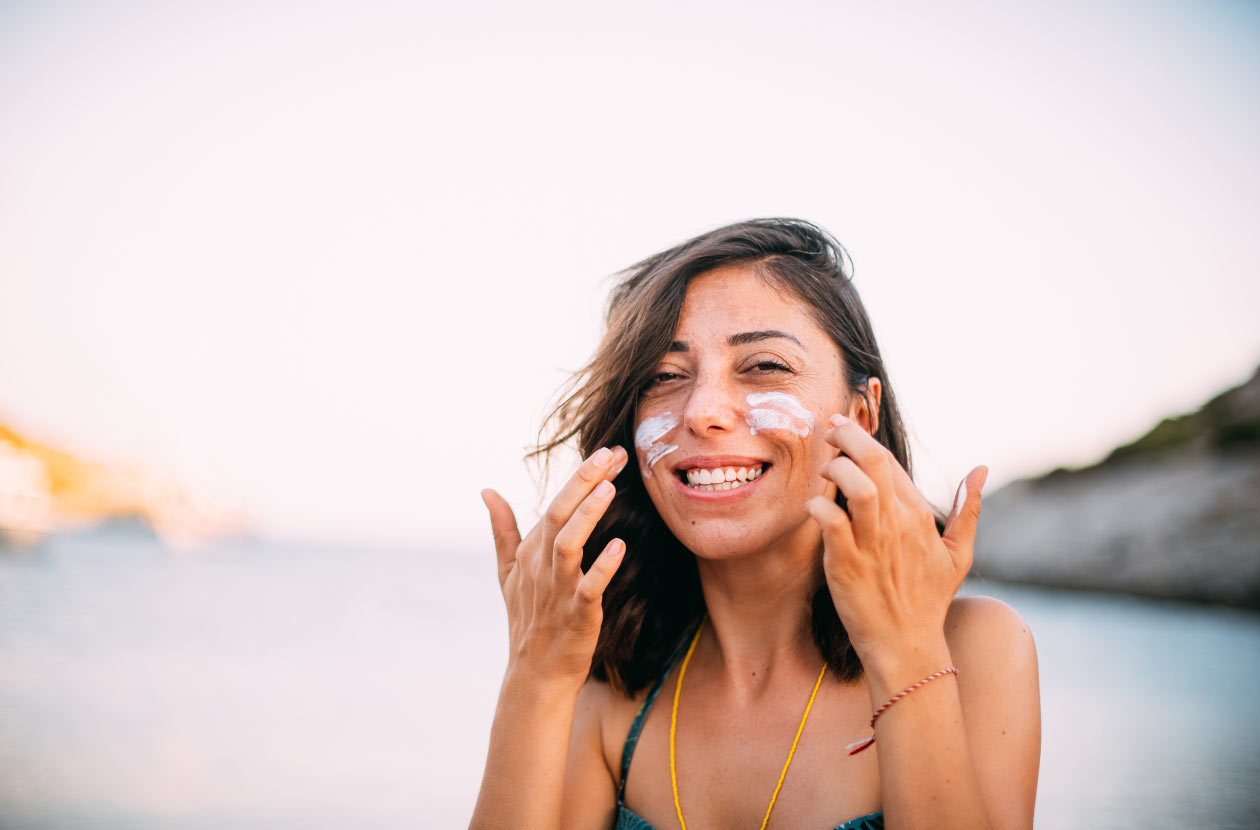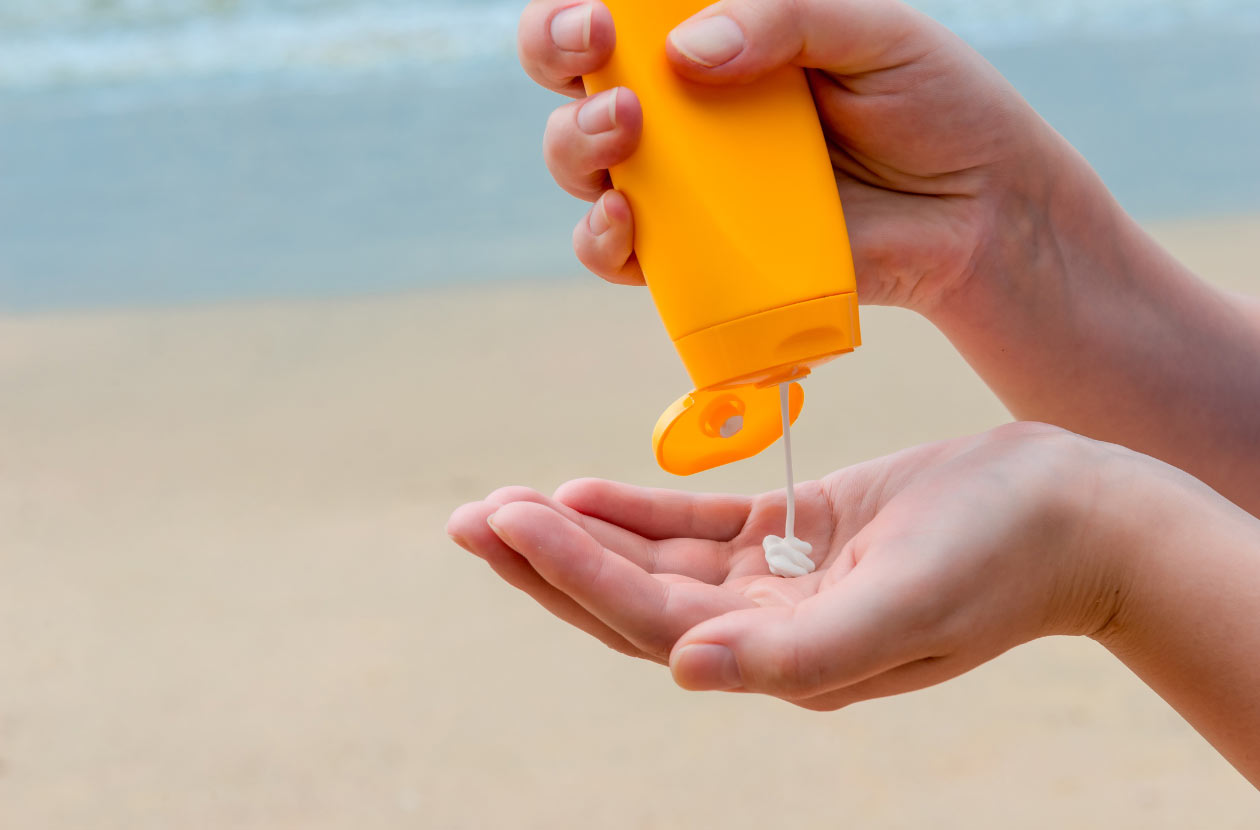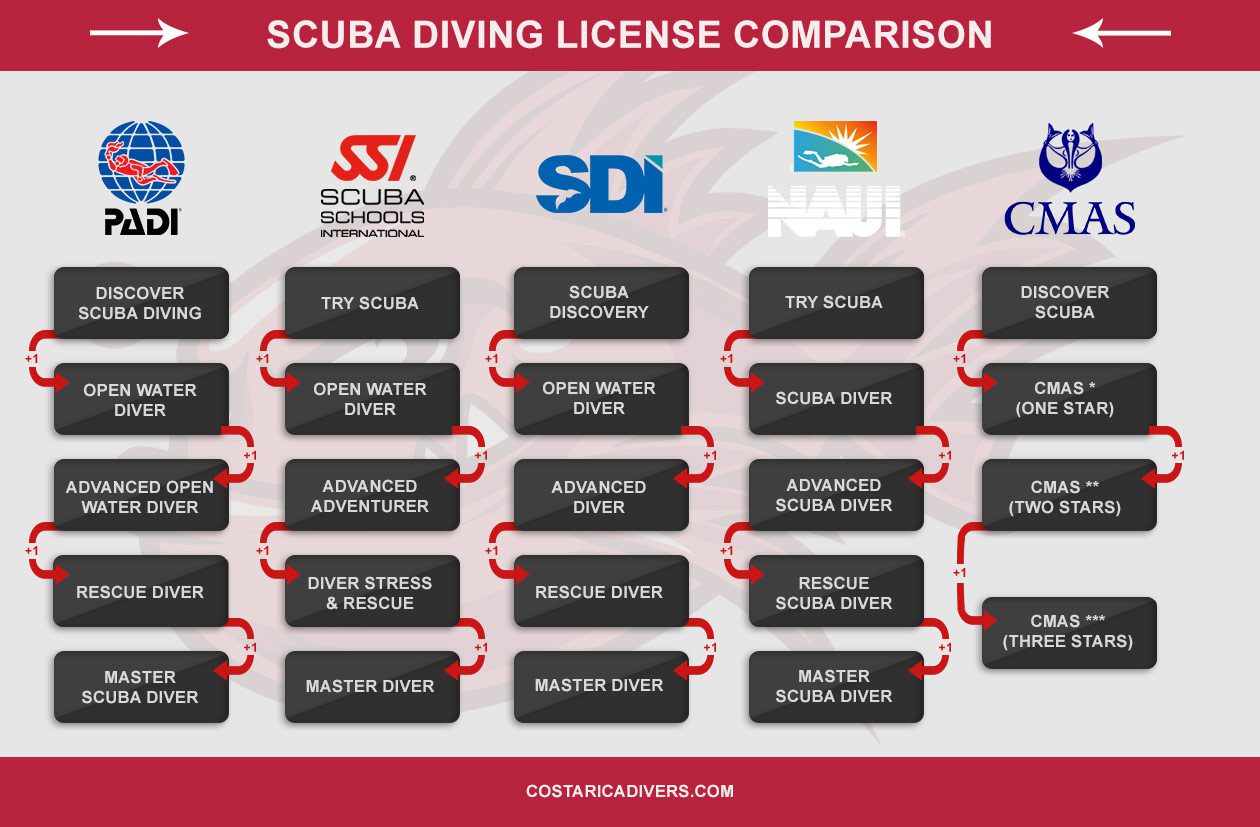Sunscreen is an essential part of our skincare routine, helping to protect our skin from harmful UV rays. However, the ingredients in some sunscreens can have a negative impact on coral reefs and marine life. In recent years, the concept of reef safe sunscreen has gained traction, highlighting the need for environmentally friendly options that provide effective sun protection without harming our fragile ecosystems. In this article, we will delve into the concept of reef safe sunscreen, its benefits, and how to choose the right product for your needs.
Table of Contents
What is Reef Safe Sunscreen?
Reef safe sunscreen refers to products that are formulated without harmful ingredients that can contribute to coral bleaching and damage marine life. Traditional sunscreens often contain chemicals like oxybenzone and octinoxate, which have been shown to be toxic to coral reefs when washed off into the ocean. Reef safe sunscreens, on the other hand, use mineral-based ingredients like zinc oxide and titanium dioxide, which provide effective UV protection without harming coral reefs.
Can reef safe sun screens be used by all skin types?
Yes, reef safe sunscreens can be used by all skin types. Formulated with mineral-based ingredients like zinc oxide and titanium dioxide, are generally gentle and suitable for all skin types, including sensitive skin. These ingredients are less likely to cause skin irritation or allergic reactions compared to certain chemicals found in traditional sunscreens. Whether you have dry, oily, combination, or sensitive skin, reef safe sunscreens provide effective UV protection while being gentle and compatible with different skin types. Remember to choose a reef safe sunscreen that meets your specific skin needs and preferences.

Why is Reef Safe Sunscreen Important?
Coral reefs are delicate ecosystems that support a vast array of marine life. Unfortunately, these ecosystems are under threat due to various factors, including climate change, pollution, and sunscreen pollution. Studies have shown that the chemicals found in many conventional sunscreens can cause coral bleaching, disrupt coral reproduction, and even lead to the death of marine organisms. By using reef safe sunscreen, we can contribute to the preservation of these ecosystems and help protect marine life for future generations.
Is reef safe sunscreen only necessary for beach trips?
Good sunscreen is crucial whenever you are exposed to the sun, whether it’s during a boat trip, poolside relaxation, or any outdoor activity. Incorporating reef safe sunscreen into your daily sun protection routine is essential to safeguard your skin from harmful UV rays and minimize your impact on coral reefs and marine life. Make it a habit to apply reef safe sunscreen whenever you step outside to ensure comprehensive protection for your skin and the environment.
Common Harmful Ingredients
Some of the common harmful ingredients found in traditional sunscreens include oxybenzone, octinoxate, homosalate, and octocrylene. These chemicals can be absorbed by coral reefs and cause damage to their DNA, leading to bleaching and ultimately death. Additionally, these ingredients can accumulate in the tissues of marine organisms, affecting their reproductive systems and overall health.
Are all mineral sunscreens reef safe?
Not all mineral sunscreens are reef safe. It’s important to check the specific formulation and ingredients of the mineral sunscreen to determine if it is reef safe. Look for mineral sunscreens that are labeled or advertised as reef safe, as they are formulated without harmful chemicals that can negatively impact coral reefs and marine life. Always read the product labels or descriptions carefully to ensure that the mineral sunscreen you choose is indeed reef safe and environmentally friendly.

Benefits of Reef Safe Sunscreen
Using reef safe sunscreen not only protects your skin from the sun’s harmful rays but also helps to protect and preserve our delicate coral reefs and marine life. It’s a win-win situation for both your skin and the environment.
- Environmentally Friendly: Reef safe sunscreens are formulated to minimize harm to coral reefs and marine life, making them a sustainable choice for conscious consumers.
- Effective UV Protection: Reef safe sunscreens offer broad-spectrum protection against both UVA and UVB rays, shielding your skin from the harmful effects of the sun.
- Gentle on the Skin: Mineral-based ingredients are less likely to cause skin irritation or allergic reactions, making safe sunscreens suitable for all skin types.
- Safe for Marine Life: By choosing reef safe sunscreen, you contribute to the well-being of marine ecosystems and help preserve the biodiversity of our oceans.
Is zinc oxide and titanium dioxide safe?
Zinc oxide and titanium dioxide have been extensively studied and approved by regulatory authorities, such as the U.S. Food and Drug Administration (FDA), for use in sunscreens. They are generally well-tolerated and are suitable for most individuals, including those with sensitive skin. These minerals are non-toxic and do not penetrate the skin, making them a safe choice for sun protection.
However, as with any cosmetic product, individual sensitivities or allergies can occur. If you have known allergies or sensitivities to zinc oxide, titanium dioxide, or any other sunscreen ingredient, it is advisable to consult with a dermatologist or conduct a patch test before use. Overall, zinc oxide and titanium dioxide are widely recognized as safe and effective ingredients in reef safe sunscreens, providing both sun protection and peace of mind regarding their safety for human use.
How to Choose Reef Safe Sunscreen
When selecting reef safe sunscreen, consider the following factors:
1. Check the Ingredients: Look for products that contain non-nano zinc oxide or titanium dioxide as active ingredients, as these are considered reef safe.
2. Broad-Spectrum Protection: Ensure that the sunscreen provides protection against both UVA and UVB rays to safeguard your skin from sun damage.
3. Water Resistance: If you plan to swim or engage in water activities, opt for water-resistant formulas that stay effective even when exposed to water or sweat.
4. SPF Level: Choose a sunscreen with an SPF (Sun Protection Factor) appropriate for your skin type and the level of sun exposure you anticipate.
5. Consider Your Skin Type: Select a sunscreen that suits your skin’s needs, whether it’s dry, oily, sensitive, or acne-prone.
Can I still get a tan while using reef safe sunscreen?
Certainly! While using reef safe sunscreen, it is still possible to get a tan. Sunscreens provide protection against harmful UV rays, but they still allow some sun exposure. The purpose of sunscreen is to reduce the risk of sunburn and protect your skin from the damaging effects of UV radiation. Reef safe sunscreens are formulated to provide broad-spectrum protection, shielding your skin from both UVA and UVB rays. However, they do not completely block the sun’s rays like physical barriers, such as clothing or shade. As a result, some UV rays still reach your skin, allowing for the tanning process to occur.

The Role of Certification
Certification programs play a vital role in identifying and promoting safe sunscreen products. Look for certifications like the Reef Safe Seal, which verifies that a sunscreen has undergone testing to ensure it meets specific criteria for reef-friendly formulation.
The Future of Sunscreen Technology
Scientists and researchers are continuously exploring innovative ways to enhance the efficacy of reef safe sunscreens. From nanotechnology to bio-based ingredients, the future of sunscreen technology looks promising. By harnessing advancements in science, we can develop even more effective and sustainable solutions for sun protection.
Reef Safe Sunscreen – let’s recap
Reef safe sunscreen is a crucial step towards protecting our oceans and preserving the health of coral reefs and marine life. By opting for reef safe options, we can enjoy the sun while minimizing our impact on the environment. Remember to choose sunscreen products that contain reef-friendly ingredients, follow proper sun protection practices, and spread awareness to make a positive difference. Together, we can ensure a sustainable future for our oceans and generations to come.






